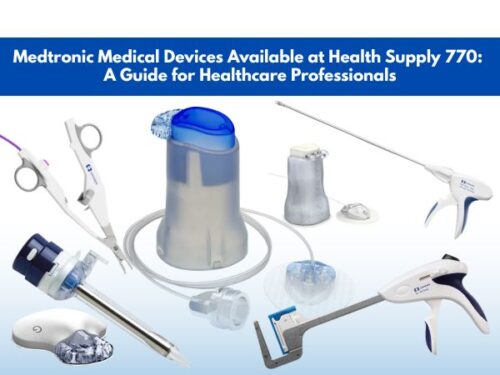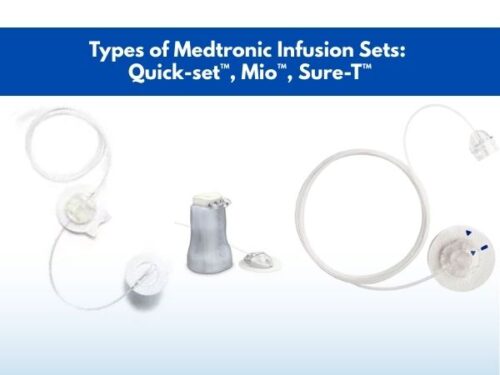RSV Vaccine: Who Should Consider Immunization? Key Insights for Healthcare Providers
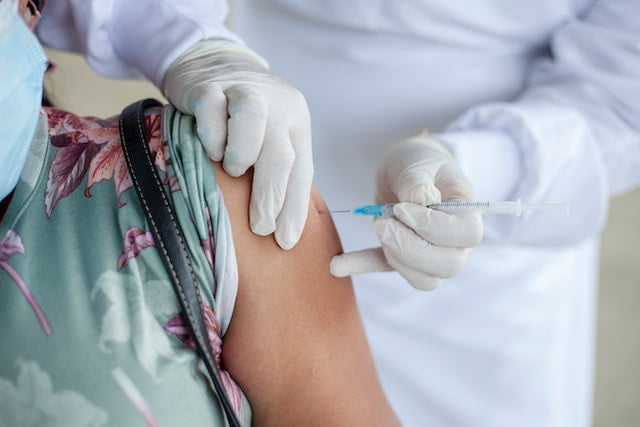
We live in an era of pandemics, epidemics, and endemics where, every few years, a new pathogenic entity cripples the health system in one way or another. Viruses and bacteria are undergoing extensive evolutionary modifications which generate their newer highly infectious strains. Keeping this in mind, scientists are speeding the process of the development of vaccinations for these pathogens which can not only protect masses from infections but also lessen the overall burden on the health system. One of these vaccines which is about to be marketed is the RSV vaccine which will help eliminate respiratory infection caused by the respective virus. Take a look at the following article to get some of the most asked questions about RSV and its vaccine answered.
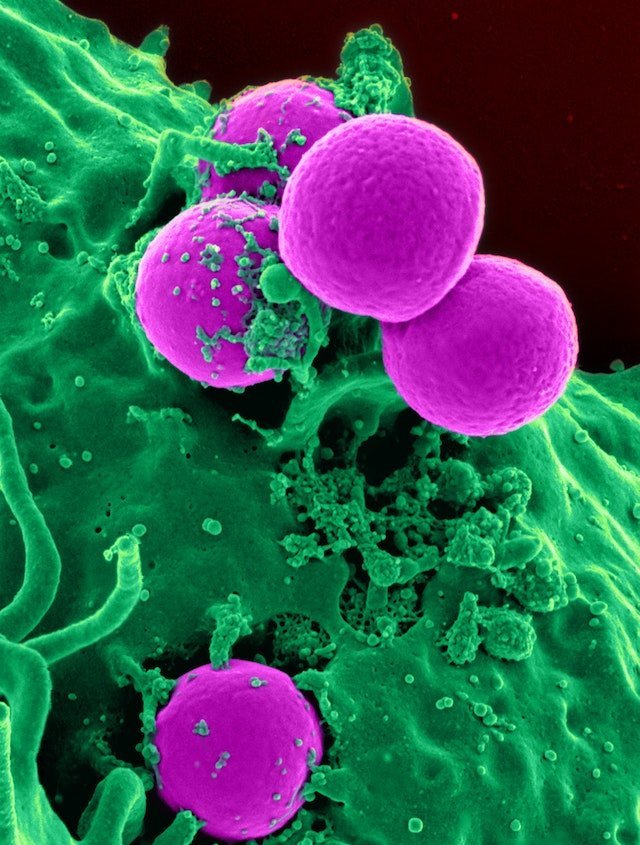
Microbes attacking the body
What is RSV?
RSV stands for ‘Respiratory syncytial virus’, a microbe belonging to the class of paramyxoviruses, which is responsible for causing mild to severe lower respiratory tract illness. Once the virus has entered the body, it usually takes 2 to 8 days for the symptoms to appear after the incubation period is over. These symptoms include:
- Nasal congestion
- Runny nose
- Fever
- Cough
- Extreme fatigue
- Difficulty in breathing
Who can get an RSV infection?
The disease is not restricted to pediatric patients rather anyone belonging to any age group is prone to contract an RSV infection. However, it has been observed that infants as well as the elderly develop more serious infections as compared to adults thus being at high risk. Moreover, RSV, apart from mild respiratory issues, can also become the cause of pneumonia. In the United States, the prevalence of RSV infection is high during the fall season which keeps on increasing during winter time.
How to diagnose an RSV infection?
For the diagnosis of an RSV infection, clinical laboratory tests are to be done. Some of these tests are sensitive enough to differentiate RSV subtype A from B. Based on their varying sensitivity, your physician may recommend a suitable test to you which may include any of the the following:
- Antigen test which is most suitable for children but significantly effective in adults as well.
- Real-time reverse transcription-polymerase chain reaction (rRT-PCR) which has the highest sensitivity as compared to other tests.
- A viral culture is conducted less commonly.
- Serology is mostly employed for research purposes.
Treatment options for RSV infection
Until now, there has been an absence of any medical intervention which can prevent an RSV infection. However, some treatment options have been available which are effective in reducing the frequency of hospitalizations by 50%. These drugs include monoclonal antibodies (mAbs) Palivizumab and Nirsevimab among others which have been considered ‘potential breakthrough therapies’ for RSV by the FDA. The problem is that these treatment options are expensive and need to be administered multiple times. Despite all the therapeutic options, there has been a need for the development of a vaccine for the prevention of RSV infection.
Is there an RSV vaccine?
Yes. Recently, the Food and Drug Administration (FDA) has given approval to RSV vaccine which will be available in the market by fall time. Extensive studies conducted during clinical trials ensure that the vaccine is not only highly effective but also very safe. Its efficacy can be estimated by the fact that it can prevent an RSV infection from being severe by 94% in addition to an 83% effectiveness in the prevention of lower respiratory tract infections.
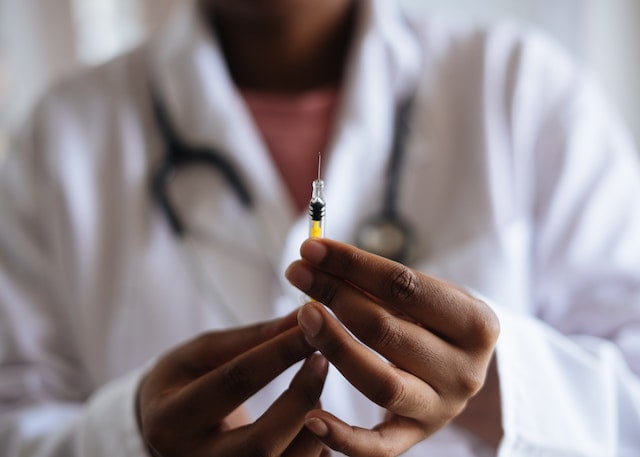
Vaccine being administered by injection form
Who can get an RSV vaccine?
Currently, based on the guidelines issued by the Centers for Disease Control and Prevention (CDC), the RSV vaccine is only for individuals who are 60 years of age or above owing to them being the high-risk group. However, once the vaccination process starts, this age range will be broadened to become inclusive to all age groups. In these individuals, the vaccine is to be injected as a single shot. The RSV vaccine, unlike those available for measles and chickenpox, cannot provide lifetime immunity which encourages an annual dosing regimen.
How to prevent an RSV infection?
An RSV infection, like flu and other respiratory disorders, is preventable by taking the measures enlisted below which are easy and cost nothing. By adopting these minute habits, one can not only prevent an RSV infection but the occurrence of many other types of infections can also be avoided.
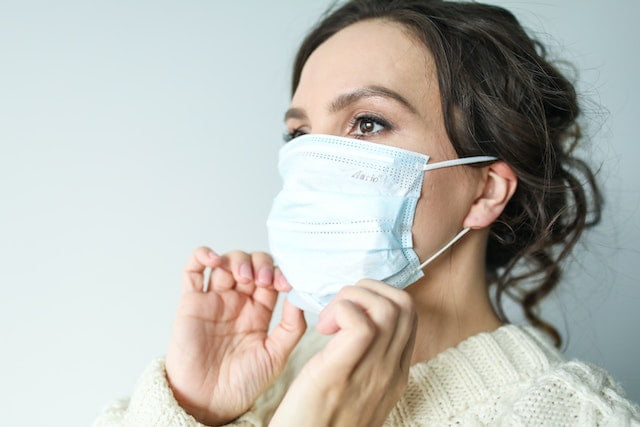
Preventive measures to avoid getting infected
- Wash your hands: As many viruses and bacteria are transferred by touch, frequently washing one’s hands significantly decreases the possibility of acquiring an infection.
- Wear a mask: Wearing a mask minimizes the chances of transfer of infection as many microbes get transmitted by oral fluids as well as air.
- Adopt social distancing: In case of an existing infection, one should stay at home. This measure protects other people from getting sick.
Conclusion
RSV is one of the most prevalent respiratory infections which will overtake other infections as soon as the fall season approaches. Being highly contagious, the infection is quickly transferred to infants under 6 months and the elderly making these age groups highly prone to RSV.
In spite of the fact that some treatment options are available, the cost and availability of RSV therapy have rendered it inaccessible to many. However, the FDA has approved a new vaccine for the prevention of RSV specifically for people above the age of 60 years. After testing its efficacy in this high-risk group, the vaccine will also be available for adults and children. After all, preventing an infection is far better than treating one.
